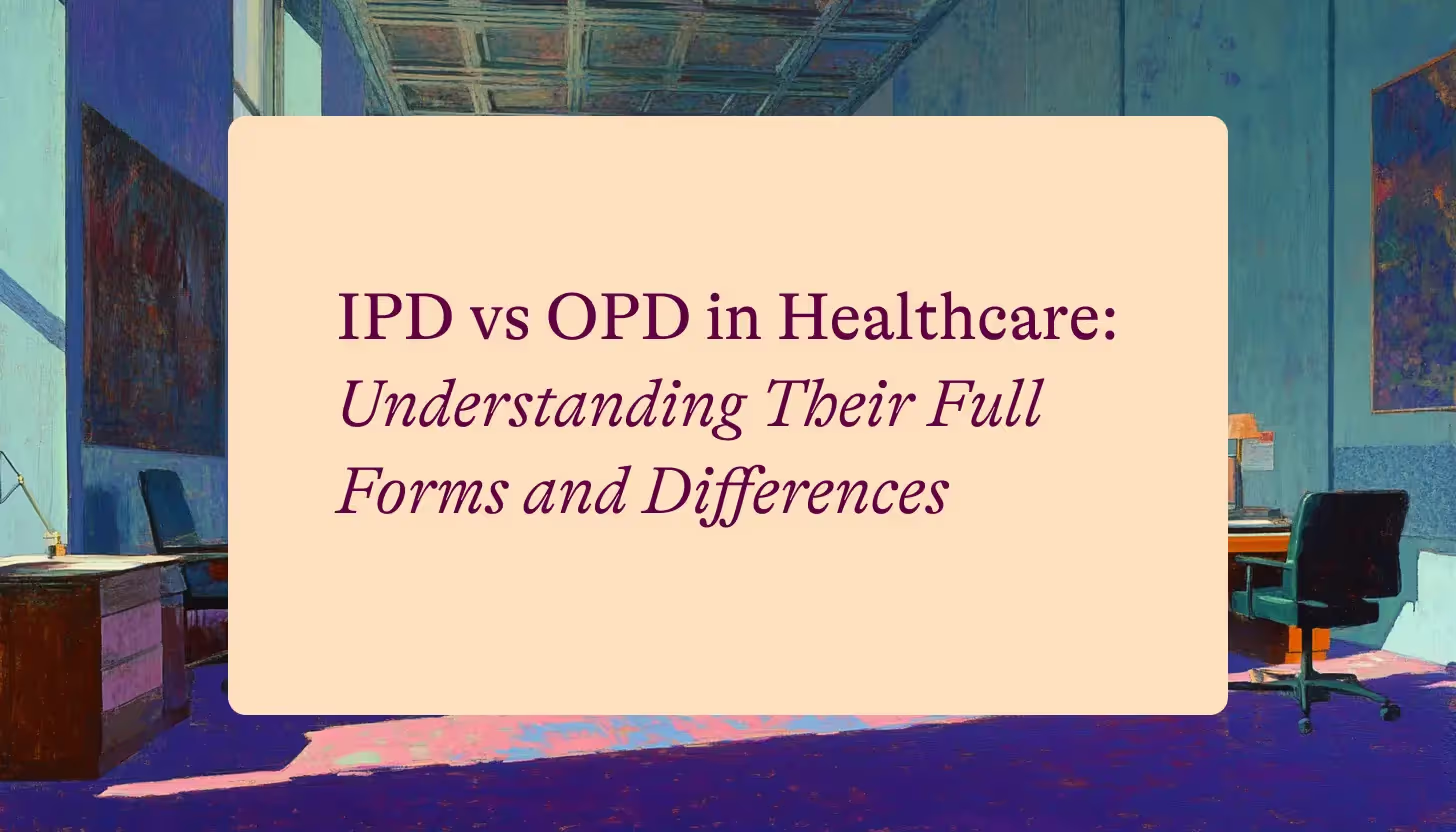You may wonder what TPA means if you’re new to health insurance. In India, TPA stands for Third-Party Administrator, and it plays a significant role in the health insurance industry.
This article will explain what TPA is and why it matters.
What is TPA in Health Insurance?
TPA is a health insurance service provider authorized by an insurance company to manage health insurance claims. TPAs mediate between the policyholder and the insurance company, ensuring a smooth claim process.
They are responsible for managing policyholders’ health insurance claims, including verifying the claim's authenticity, processing the claim, and disbursing the payment to the hospital or the policyholder.
Why Does TPA Matter?
TPAs play a vital role in the health insurance industry.
Here are their key functions:
- provide cashless claims, claims processing, pre-authorization, and medical check-ups
- ensure that policyholders receive timely medical assistance and claim reimbursement
- have a network of hospitals and medical service providers that policyholders can access
Overall, TPA admins understand the industry well and are well-equipped to handle complex claims.
How Does TPA Work in Health Insurance?
Here's a short overview of how TPA works when you file a health insurance claim:
- When a policyholder seeks medical treatment, the hospital sends a pre-authorization request to the TPA. The TPA reviews the request and decides whether to approve it or not. If the request is approved, the policyholder can receive cashless treatment. If the request is rejected, the policyholder must pay for the treatment out of pocket and then claim reimbursement from the insurance company.
- When a policyholder files a claim, the TPA verifies its authenticity and processes it. They check the policyholder's eligibility and the coverage amount. They also verify the documents submitted with the claim, such as medical bills and reports. Once the claim is processed, the TPA disburses the payment to the hospital or the policyholder, depending on the claim type.
TPAs also provide value-added services, such as medical check-ups and health consultations. They have a network of hospitals and medical service providers that policyholders can access for medical treatment.
They ensure that policyholders receive timely medical assistance and claim reimbursement.
Conclusion
In summary, TPAs play a significant role in the health insurance industry. They provide cashless claims, claims processing, pre-authorization, and medical check-ups. TPAs ensure that policyholders receive timely medical assistance and claim reimbursement. They are well-equipped to handle complex claims and understand the insurance industry well.
.avif)










.avif)














